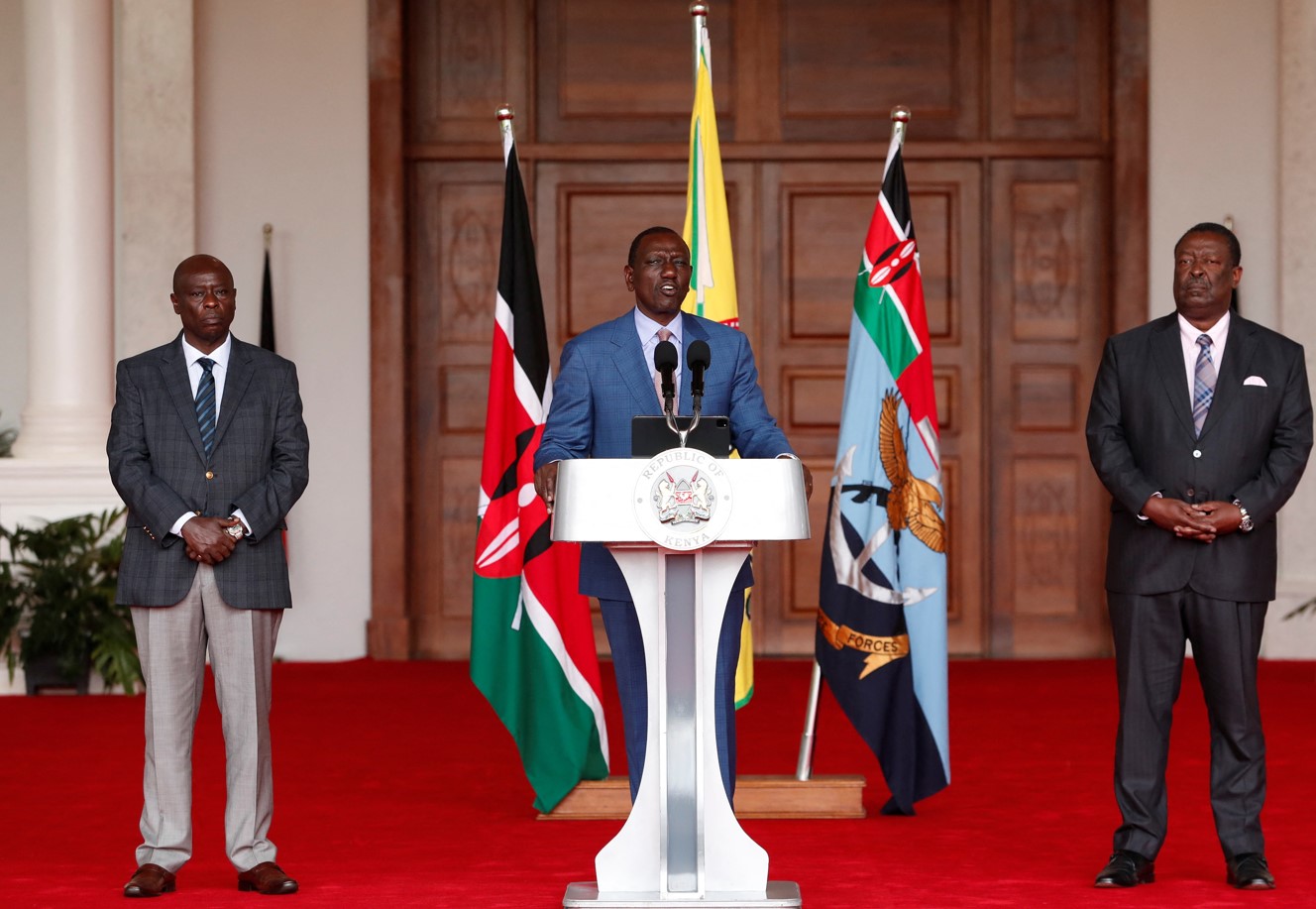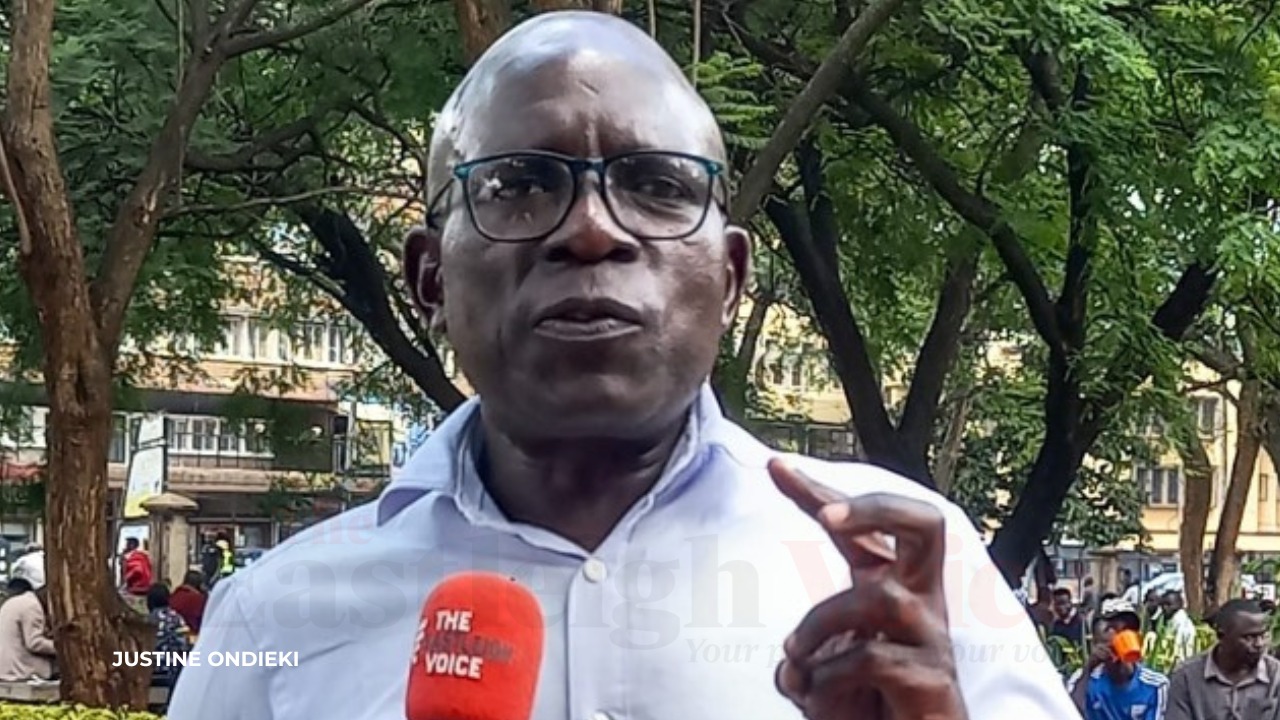Ruto announces major reforms in anti-corruption measures

President William Ruto has announced a series of measures the state will be considering in the medium-to-long term to tighten the fight against corruption.
In his press briefing on July 24, while naming the second batch of cabinet secretaries nominees, Ruto said the measures should be taken to accelerate progress in achieving the fight against corruption and other objectives stated by the people.
More To Read
- Kenya saves Sh16.5 billion as EACC strengthens anti-corruption measures
- 152 officers fail integrity tests as EACC flags widespread ethical breaches
- EACC intensifies war on corruption, recovers Sh3.4 billion in assets
- EACC seeks access to mobile money data, more powers to fast–track graft cases under new bill
- EACC report exposes billions lost to corruption in state agencies, counties
- What charges Benjamin Netanyahu faces and what a pardon could mean
He stated that he would first propose modifications to the Evidence Act and the Criminal Procedure Code, as well as other required legislative changes to any corruption-related statutes.
This is to expedite the investigation and prosecution of corruption and economic crimes cases and provide for their conclusion within six months.
"We shall also be proposing amendments to the Witness Protection Act to overhaul the statutory and institutional framework to protect and incentivise whistle-blowers and enhance witness protection," Ruto said.
"This will make it easier and safer for citizens to come forward and report corruption as well as other criminal activities."
In the coming 90 days, the state also mulls proposing amendments to the Public Finance Management Act and the Public Procurement and Disposal Act to overhaul the institutional and operational framework of public procurement.
This is to deploy a digital infrastructure in the sector within the coming six months.
According to the president, the procurement area has been identified as the epicentre of corruption, conflict of interest, and abuse of office in the public sector.
The aim of these measures therefore is to provide an open and transparent public procurement platform which gives open, real-time and end-to-end public visibility of public procurement from advertisement to award of contract, Ruto added in part.
Ruto also stated that he has approached the legislative leadership and asked them to expedite the passage of the Conflict of Interest Bill, which is intended to allow for the management and regulation of conflicts of interest in the country's public sector.
The Conflict of Interest Bill 2023, is proposed to be administered by the Ethics and Anti-Corruption Commission (EACC) to ensure that no public or state officers are involved in matters of conflict of interest in all of their interactions and that they always follow compliance procedures.
The bill seeks to maintain public trust in public institutions and reduce the risk of corruption, favouritism and bias, thereby upholding the integrity of public service.
It also seeks to ensure trust between citizens and public institutions which could arguably lead to greater citizen engagement, cooperation and support for government initiatives.
When the bill was recently introduced in the Senate sparked a public outcry after it sought to weaken a crucial anti-graft statute to allow state officers and their families to conduct business with the government.
The majority of senators voted to alter the law, sending it back to the National Assembly to see if legislators would follow suit and tone down the bill or pass it as intended.
In Addition to the request to expedite the passing of the conflict of interest bill, Ruto noted that he shall decline to assent to any bill enacted that does not establish a high bar concerning accountability, integrity and anti-corruption.
Nevertheless, the President implored the national justice, law and order institutions to provide a timeframe within which proceedings shall be concluded and the same communicated to the public.
Top Stories Today












































